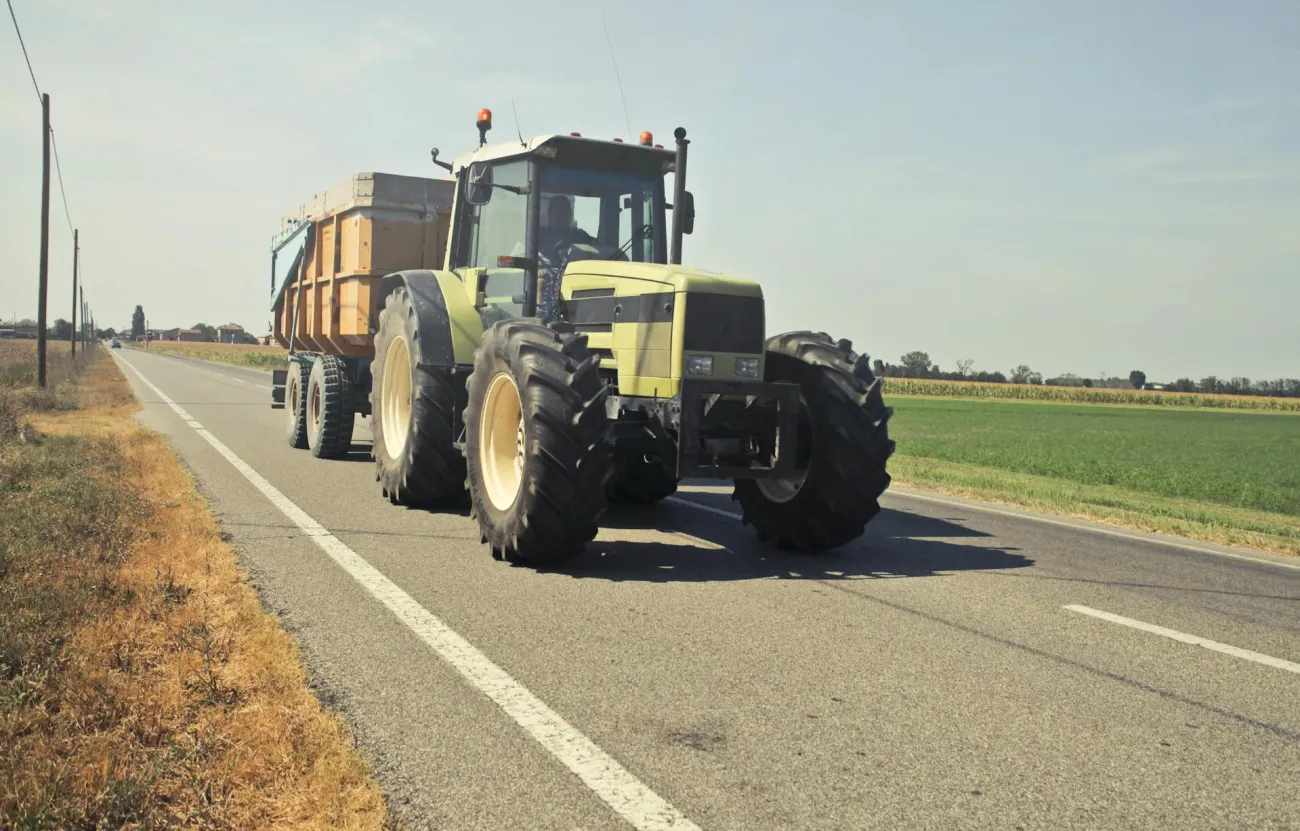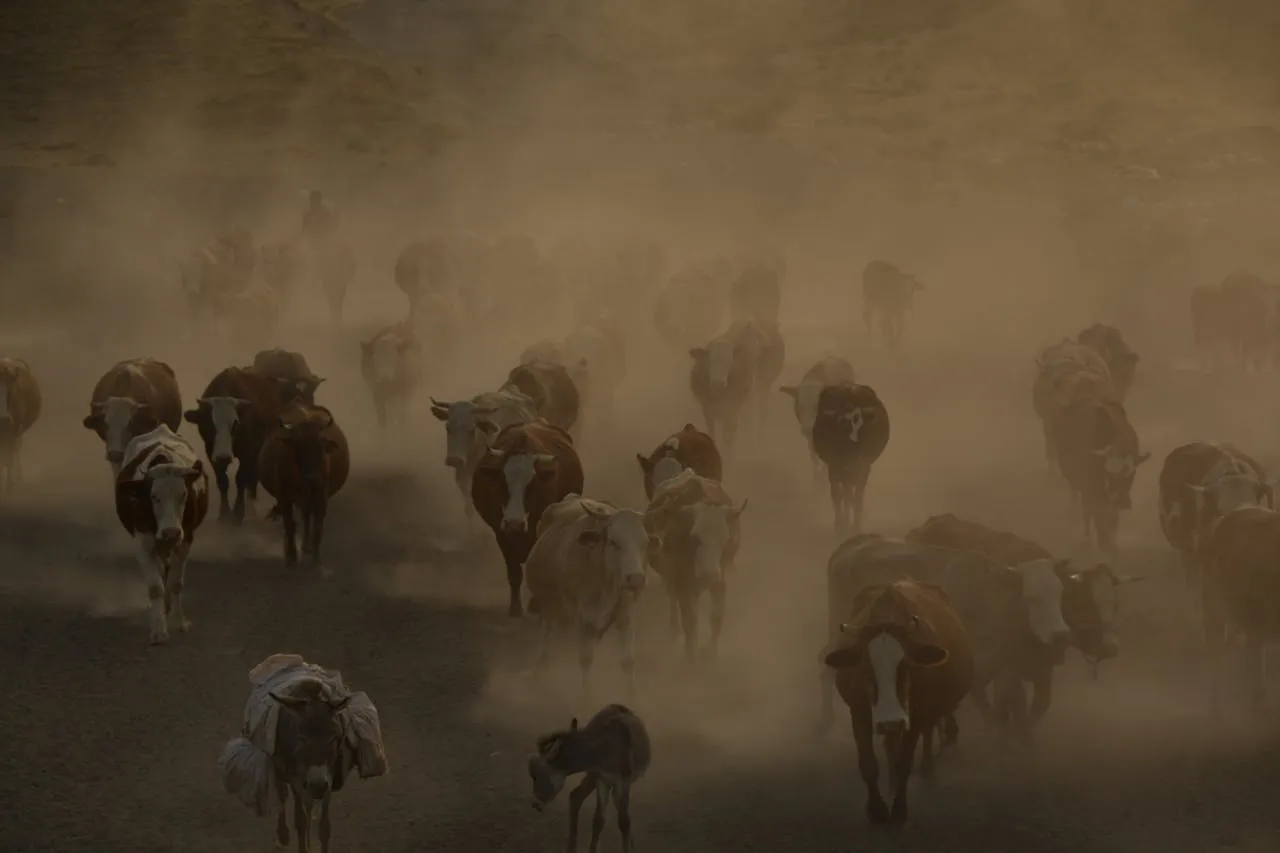Carbon credits generated through feed supplementation to reduce methane emissions from cattle farming have been approved under the CORSIA scheme, which is an international agreement on offsetting increases in carbon dioxide emissions from aviation. The feed supplement, created by Swiss company Mootral, is based on compounds from garlic and citrus and has been found to reduce methane emissions by an average of 30% in a trial on a commercial dairy farm.

Note that CORSIA (read Carbon Brief’s commentary on the scheme here) does not intend to offset all aviation emissions, but only those emissions that result from the growth of international aviation beyond 2020 levels. Hence, CORSIA - in theory - permits the expansion of aviation provided that sufficient offsets are generated from emissions reductions in other sectors.
Mootral aims to provide its feed supplement to cattle farmers for free, using income from carbon offsets, since farmers may not otherwise spend money on the supplement. It is unclear whether farmers using the Mootral supplement are permitted to increase their herd size or overall emissions, or whether income from the carbon credits might enable cattle rearing to continue in situations where it may not otherwise have been financially feasible.
Mootral appears to use GWP100 and GWP20 to compare the climate impacts of methane and carbon dioxide. For more on GWP*, an alternative method of calculating the climate impacts of methane, see the TABLE explainers Agricultural methane and its role as a greenhouse gas and Methane and the sustainability of ruminant livestock.
The method used to compare and trade the climate impacts of different greenhouse gases matters because of their different atmospheric lifetimes (methane is short-lived and carbon dioxide is long-lived in the atmosphere).
John Lynch, postdoctoral researcher in physics at the University of Oxford, told TABLE: “Because gases have different lifetimes, swapping efforts between GHGs in this way does not actually provide a truly ‘equivalent’ climate offset, and performing these trades can actually lead to increased global warming, in some circumstances and over some timescales. Suggesting that limiting methane can directly take the place of reducing (and eventually stopping) CO2 emissions is especially problematic here, as CO2 has such a long-lasting impact.”
Further information on this point can be found in the accepted manuscript of the paper Ensuring that offsets and other internationally transferred mitigation outcomes contribute effectively to limiting global warming, co-authored by Lynch.
Read a press release from Mootral here and view media coverage here or here. See also the TABLE explainer How can we reduce food-related greenhouse gas emissions?




Comments (0)